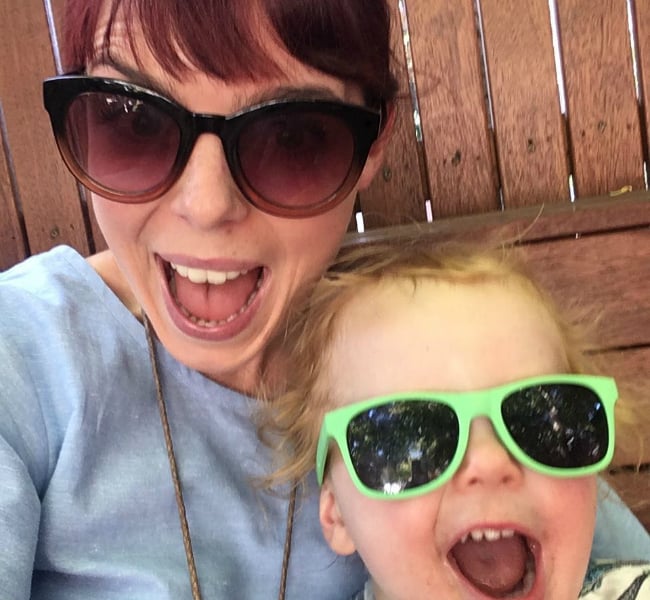

When I first found out I was pregnant, I was very quickly bombarded with information from all sides. Do this, don’t do that, read all the books! Talk about information overload.
I just wanted advice from people I could really trust, to make sure I was doing the right thing by my unborn baby. Sound familiar? Well, you can exhale and put your mind at ease, because the information is out there and you don’t have to dig too deep for it – or worry yourself sick.
One of the areas that I found assurance in is researching exactly how as a first-time parent I’m meant to tackle child vaccinations, from pre-birth to post-birth.
I spoke to paediatrician Dr Lucy Deng, from the National Centre for Immunisation Research & Surveillance, who helped me better understand what all expectant and new parents need to know when it comes to vaccinations in those precious early days.
1. Vaccinations need to be talked about during pregnancy planning.
Rather than waiting until you’re pregnant, it’s actually crucial to discuss vaccinations with your GP when you’re planning a pregnancy, Deng tells Mamamia.
By doing so, Deng says that “both mother and baby can be best protected against vaccine-preventable diseases. Infections such as measles, rubella and chicken pox (varicella) can affect the unborn baby during pregnancy. While there are vaccinations for these diseases, they should be given before pregnancy.”


Top Comments
Very informative! As a mother all I could think of now is how can I protect my kids from various sickness and I believe vaccinating helps a lot in keeping them healthy. I remember I also have probiotics supplement when I was pregnant with my second baby. Anyways, thanks for this tips!
There needs to be more talk about how people with vaccination allergies can manage their health and the health of their future babies. It’s a very taboo subject and people with genuine allergies get grouped in with anti-vaxxers on a regular basis, when they’re very different things.
Define "vaccination allergies".
Like an allergy to egg maybe? Many vaccines are grown in eggs.
I have a friend with an egg allergy. Some vaccines contain egg and so she can't have them. Perhaps JCB is referring to cases like that.